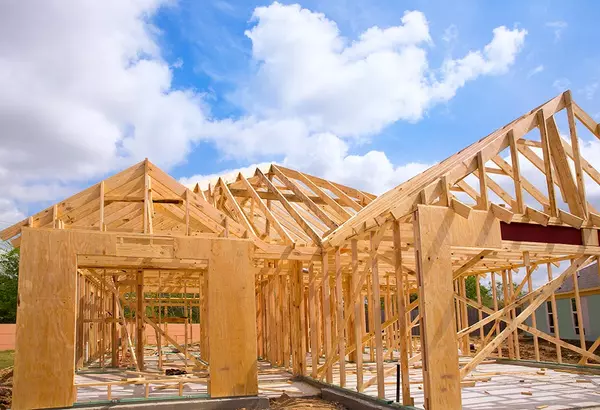
Planning to Sell Your House in 2025? Get a Head Start Now
If selling your home in 2025 is part of your plan, now is the perfect time to start getting prepared. Even though it might feel like you have plenty of time, the sooner you start, the smoother the process will be. According to Danielle Hale, Chief Economist at Realtor.com: “Now is the time to begin

Time to Upgrade to Your Dream Home: Here’s Why It’s a Smart Move
Have you been thinking about selling your current home and upgrading to a more spacious or luxurious one? If so, you’re not alone. According to a recent survey from Inman, one of the primary motivations for today’s homebuyers is the desire for more space and a better home environment. (see graph bel

How Much Does It Cost to Sell My House?
If you're considering selling your home, you're probably wondering how much it'll cost. While the total expenses will vary depending on factors like the offer you accept, whether you cover some of the buyer’s closing costs, and any repairs you decide to make, here’s a general guide to help you prepa
Categories
Recent Posts










